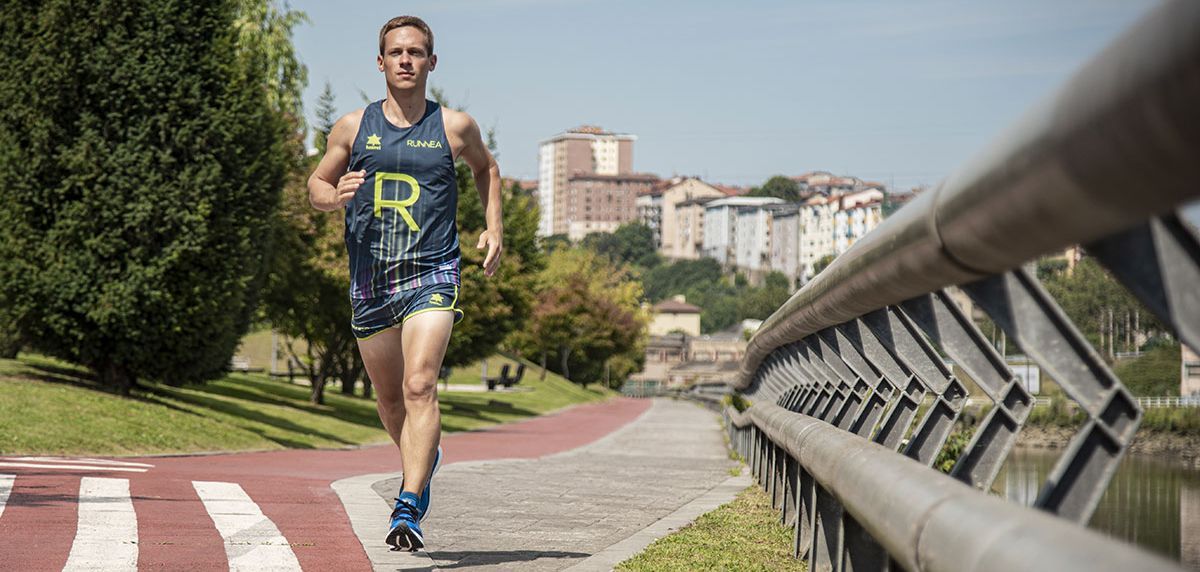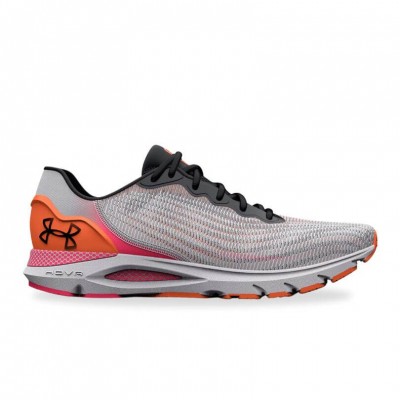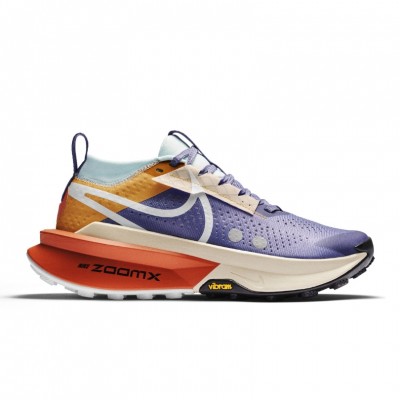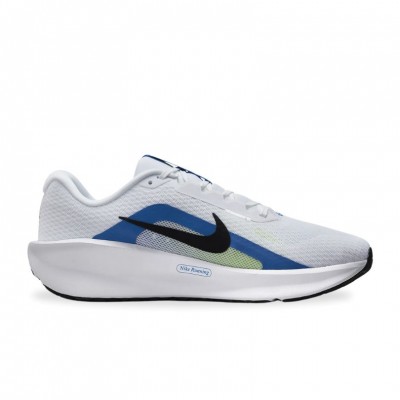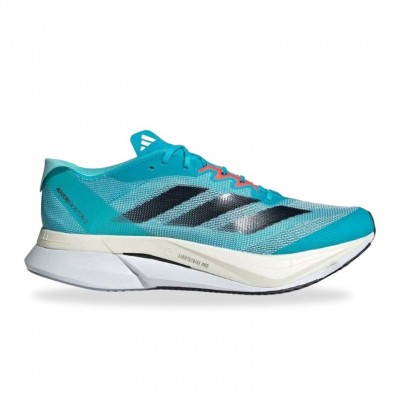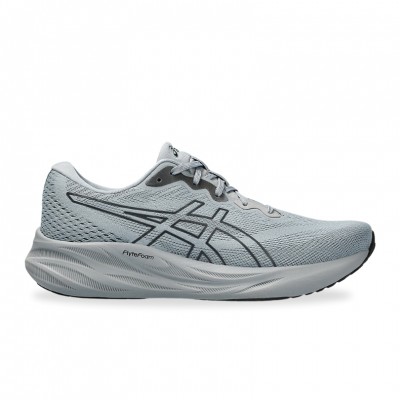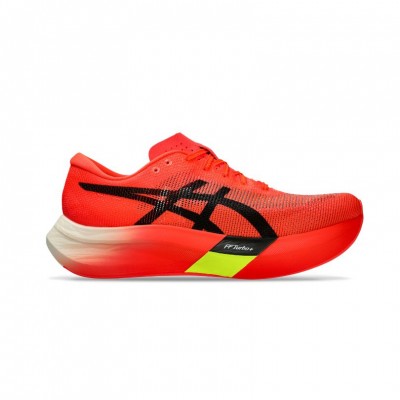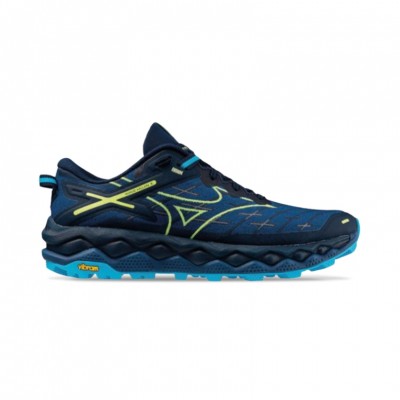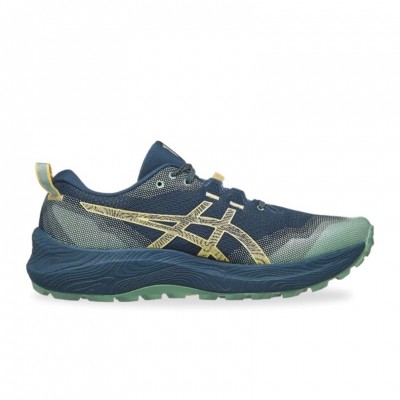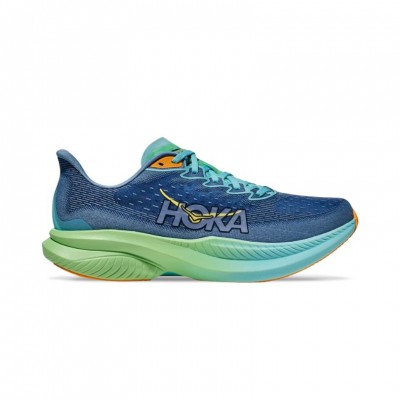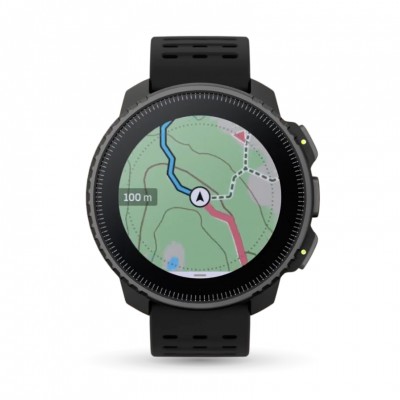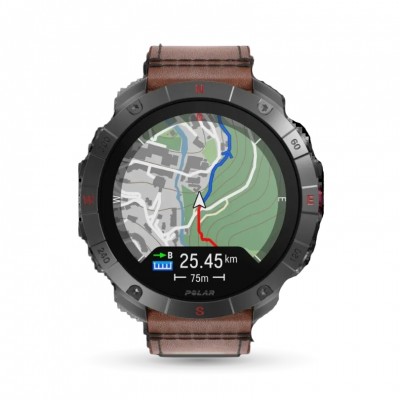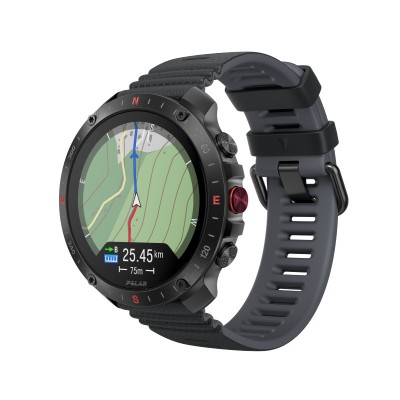At RUNNEA we know that preparing for a 10k goes far beyond the physical aspect. And it's clear that nutrition plays a crucial role in performance and well-being, whatever the challenge you face. That's why, in this article, we'd like to offer some tips on what to eat before doing a 10k race.
Not sure which running shoe to choose?
In a few simple steps we help you to choose the ideal running shoe for you
Go to the Shoe FinderIt is essential to eat the right foods before a race to get the necessary energy and avoid a stomach upset that may interfere with the development of the test that we face. Therefore, in this article, we will delve into the importance of pre-race nutrition and offer practical tips that will help you maximise performance in your running challenges.
How long before a 10k race should you eat?
Perhaps one of the most important aspects of pre-race nutrition is the right time to eat. This is a question that has crossed everyone's mind at some point. According to studies conducted by the International Association of Athletics Federations (IAAF), you should consume a light carbohydrate-rich meal approximately 3 hours before the race.
This time interval allows food to be digested and absorbed properly, providing energy without causing a stomach upset during the race. We are talking about a time range that, depending on the needs and metabolism of each individual runner, could vary and, above all, be increased if necessary.
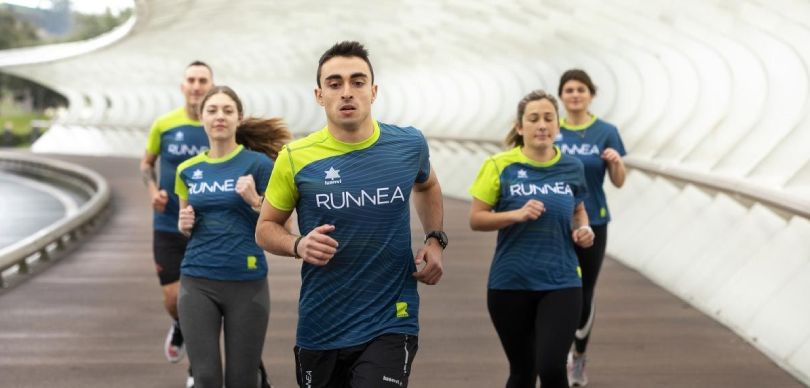
What to eat before a 10k
Once it is understood that we must leave a reasonable amount of time between our "carb load" prior to the race, it is important to specify what types of food are the best, and those that will have the greatest positive effect on the race.
The choice of food before a race is essential to ensure optimal performance and avoid digestive and muscular problems, for which the correct hydration prior to (and during) the race must also be taken into account. Below, we highlight some key food groups for optimising fitness in a 10k race:
- Complex carbohydrates: carbohydrates are the main source of energy for runners. In particular, complex carbohydrates are an excellent choice because of their ability to provide sustained release energy. As Miguel Ramirez, a graduate in Human Nutrition and Dietetics from the University of Valencia explains in an article for Indya, "if you want to keep your glycogen stores loaded, complex carbohydrates should be in your kit on a daily basis." Some common examples of these foods are peas, beans, whole grains and vegetables.
- Lean protein: protein also plays a crucial role in pre-race nutrition. These are essential foods for muscle repair and growth, as well as for providing a feeling of satiety that can help stave off hunger during the race. In addition, it can also be beneficial for post-race muscle recovery. Some clear examples of lean protein sources would be chicken, fish, tofu and legumes.
- Healthy fats: Although consumed in smaller amounts than carbohydrates and protein, healthy fats are also important for providing sustained energy during the race. Healthy fats, such as those found in avocados, nuts and olive oil, are an excellent source of concentrated calories that can help maintain energy levels during prolonged exercise.
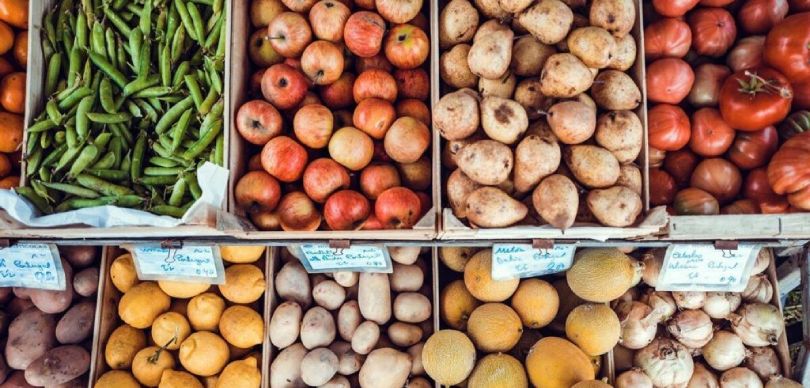
Suggested pre-race meals for a 10k
As we have seen, the right food choices before a 10k can make the difference between optimal performance and feeling fatigued and unwell during the event. That's why, having looked at the main sources of energy, we want to offer some specific suggestions for balanced meals to improve endurance during the race:
- Bowl of oatmeal with fruit and nuts: Oatmeal is an excellent source of complex carbohydrates that we digest slowly, providing sustained energy. Adding fresh fruits such as bananas or strawberries provides natural sugars and vitamins, while nuts such as walnuts or almonds add protein and healthy fats that help keep you feeling full.
- Quinoa salad with vegetables and protein: Quinoa also stands as a great source of carbohydrates and high-quality protein. Combined with a variety of vegetables such as spinach or tomatoes, it provides a wide range of vitamins, minerals and antioxidants. Adding a lean protein source such as chicken or tofu also ensures optimal muscle recovery after the race.
- Protein and fruit smoothie: Smoothies are a convenient and easy-to-digest option before a race. Mixing protein powder with milk or yogurt provides high-quality protein for muscle recovery. Adding fruits such as bananas, berries or mangoes provides natural carbohydrates and antioxidants that help fight oxidative stress during exercise.
- Whole-grain toast with avocado and egg: Whole-grain toast is a quick source of complex carbohydrates. The avocado is rich in healthy fats that provide sustained energy, while the egg provides high-quality protein. This balanced combination is easy to digest and provides an optimal mix of nutrients to face the race with strength.
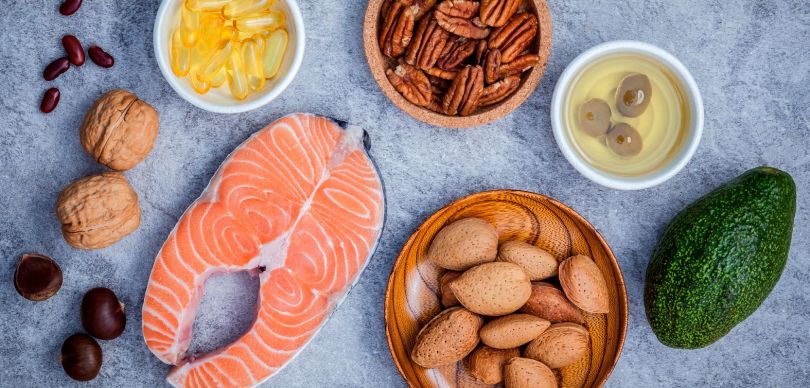
Remember that portions should always be adjusted to individual needs and personal preferences. Also, as we made clear at the beginning, it is important to consume these meals approximately 3 hours before the race to allow for proper digestion and absorption of nutrients.
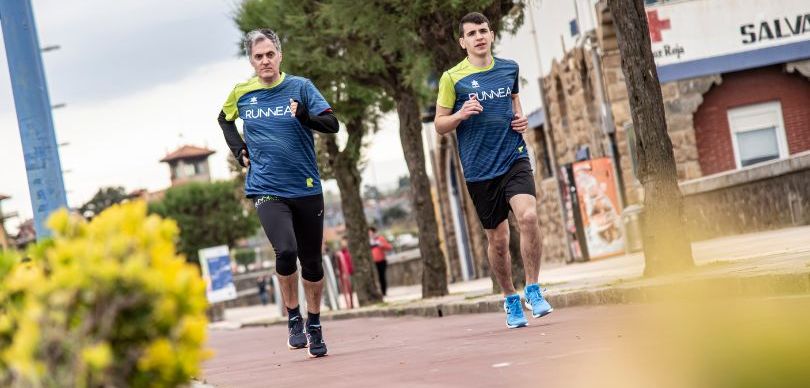
Additional dietary tips for tackling a 10k race
- Avoid trying new foods on race day to prevent possible stomach upset.
- Experiment with different foods during training to find the combination that works best for you.
- Consider consulting with a sports nutritionist for personalised guidance on your pre-race meal plan.
Ultimately, maintaining proper nutrition before a 10k (and other athletic challenges you set for yourself), is essential to optimize performance and prevent stomach upset. By choosing foods rich in carbohydrates, lean proteins and healthy fats, along with adequate hydration, we can ensure that our bodies are ready for the challenge.
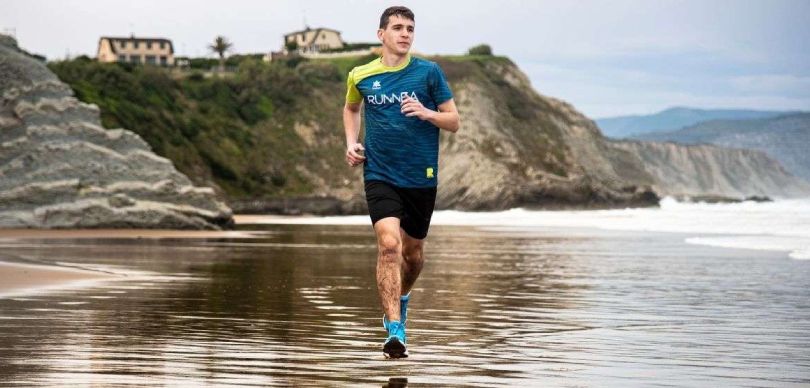
Read more news about: Running Training
